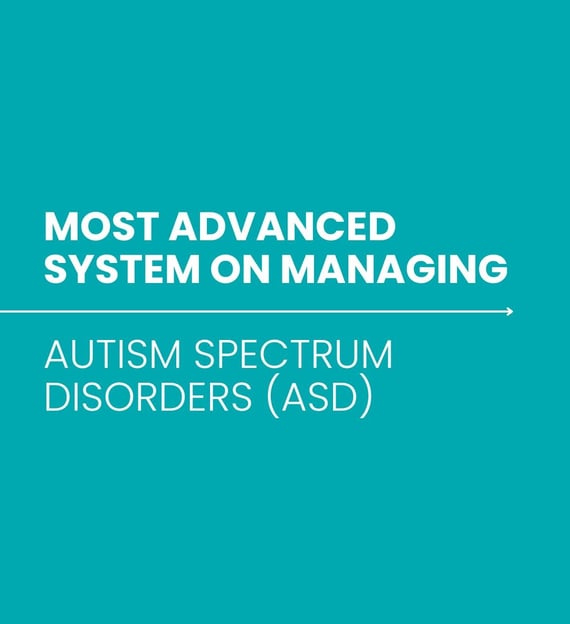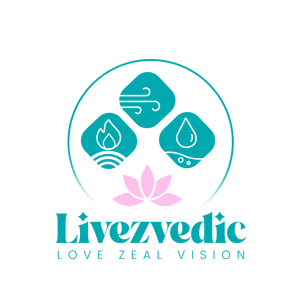Ayurvedic Integration
Combining the science of Ayurveda with modern practices for the effective management of ASD, ADHD and other neuro-divergent disorders.


Research Initiatives
Our research focuses on integrating Ayurveda with contemporary medicine to enhance treatment outcomes for chronic illnesses and promote holistic health management strategies for autism spectrum disorders.


Collaborative Efforts
Partnering with specialized practitioners with 20+ years of clinical experience to promote advanced integrative approaches for autism management, spreading awareness and knowledge about the benefits of early intervention and comprehensive treatment strategies.
Despite significant advancements in neuroscience and developmental pediatrics, modern medicine still falls short in offering comprehensive, curative treatments for Autism Spectrum Disorder (ASD). The conventional approach focuses largely on symptom management through behavioral therapies, special education, and in some cases, psychiatric medications—none of which address the root causes of autism or aim to improve the underlying physiological and neurological imbalances.
Medications prescribed to children with ASD—such as risperidone, aripiprazole, or stimulants—often come with significant side effects like weight gain, sedation, hormonal imbalance, liver burden, and even increased agitation. Moreover, these drugs do not improve social, sensory, or cognitive symptoms, and they may impair long-term health when used over extended periods. Parents often find themselves cycling through different drugs, hoping to find a suitable balance, with no promise of sustainable improvement.
One of the most critical blind spots in mainstream ASD treatment is the lack of focus on the gut-brain connection. Despite mounting evidence that the health of the gut microbiome plays a pivotal role in brain development, immune function, and emotional regulation, conventional medicine rarely addresses digestive health as part of ASD treatment. Children with ASD often suffer from chronic gut issues like constipation, diarrhea, bloating, and food sensitivities—which remain untreated or poorly managed with temporary solutions.
ASD is increasingly understood to be a multi-system disorder involving not just the brain but also the immune system, metabolism, mitochondria, and the gut. Modern medicine rarely offers a systemic, integrative view. There is no effort to detoxify environmental toxins, reduce systemic inflammation, or correct nutritional deficiencies—factors that are commonly identified in children with ASD. As a result, the potential for healing through natural cellular repair and neuroplasticity is overlooked.
In contrast, Ayurveda offers a time-tested, individualized, and systemic healing approach that aims to restore balance at the root, combining gut healing, detoxification, nervous system rejuvenation, and diet and lifestyle corrections. For families who are seeking not just coping strategies but hope for transformation, it is crucial to look beyond the limitations of modern medicine and embrace integrative approaches grounded in nature and science.
Ayurveda has been addressing gut imbalances for years—without any invasive or disturbing methods. Through carefully tailored herbal formulations, gut-healing diets, detoxification therapies, and daily routines that support circadian health, Ayurveda gently restores the natural microbial harmony of the gut.
It doesn’t just focus on symptom suppression but works to bring long-term systemic balance. In a world where even scientists are now pointing to antibiotic overuse as a potential cause for rising autism cases, Ayurveda offers a safe, holistic, and effective alternative that aligns with the body’s natural intelligence.
For parents seeking deep, respectful healing—especially in a child’s formative years—Ayurveda is not just an option; it’s a necessity.
The gut-brain axis is gaining more attention in neurodevelopmental disorders, especially autism spectrum disorder (ASD). Many factors can influence microbiota in early life, including host genetics and perinatal events (infections, mode of birth/delivery, medications, nutritional supply, and environmental stressors).
Modern medicine has made incredible strides in understanding the gut-brain axis, and one of the most talked-about solutions today for restoring gut health is Faecal Microbiota Transplantation (FMT)—literally transplanting processed stool from a healthy person into a patient’s digestive system to repopulate the gut with beneficial bacteria.
While the intention is scientific, the method is extreme and, frankly, unappealing for many families. What’s more, these approaches often overlook the root cause: the damage caused by overuse of antibiotics, processed foods, and a lifestyle disconnected from nature—all of which contribute to the rise in neurodevelopmental disorders like autism.
Get the eBook (offer price) to learn about the Most Advanced System on Managing ASD
You didn’t come this far to stop. Do you know Ayurveda says 'knowledge is the best medicine'?


About Livezvedic
Integrating the science of Ayurveda with modern practices for effective treatment and management of ASD and chronic illnesses.




